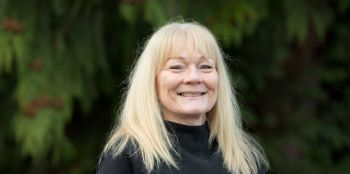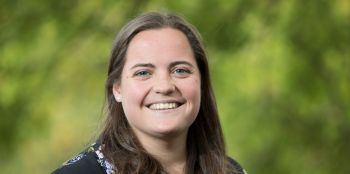A recent report on the BBC news website confirmed that the number of people in the UK getting divorced later in life is rising, while as divorce rates overall are falling – a trend reflected in Scotland. Apart from a peak in 2006, when the rules in relation to grounds for divorce changed, divorce rates have also been falling here since the 1990s and a significant proportion, around a third, of divorces are granted to couples who have been married for more than 20 years.
The reasons for so called “silvers splitters” deciding to separate vary. They may be that there is far less social stigma attached to divorce now than when they married. Today’s pensioners may also be financially more secure than previous generations, as well as healthier and better able to enjoy retirement.
However, older couples may have more to consider on divorce than younger ones. In particular pensions, which, along with the family home, will probably be the most valuable assets to be divided up between the couple. Most people now recognise that their pensions ought to be taken into account if they divorce, but often they are content to take a statement of the value of the pension at face value. This can be a costly mistake. For many pensions it may be worth paying for an actuary to look at the statement produced by the pension company, to check whether it is accurate.
Once valued, there are several ways in which pensions can be dealt with in a divorce settlement.
- Offsetting, which is where the value of a pension is offset against the value of other assets. For example, where the husband keeps his pension and the wife keeps the house, assuming that they are of roughly equal value.
- Pension sharing, where a chunk of one spouse’s pension is broken off to become a new pension for the other spouse.
- Earmarking, where the pension scheme is ordered to pay a lump sum to the wife when the husband dies or retires. This is rarely used in Scotland because it can be risky and it requires the wife to wait until the husband dies or retires before she receives her share.
Nowadays most people aren’t in one job for life, so by the time they reach retirement age they may have several different pensions in place. If a pension share is being proposed there might be compelling reasons to take a share in one pension and not another. Some pensions schemes come with guaranteed annuity rates or a guaranteed minimum income, so it could be better bet to share the interest in that sort of scheme than a basic personal pension.
New rules on pension flexibility and choice can also offer different options when looking at a divorce settlement.
Lindsays’ Family Team specialises in complex cases involving pensions, and it’s crucial to get good advice when considering the structure of any divorce settlement.








